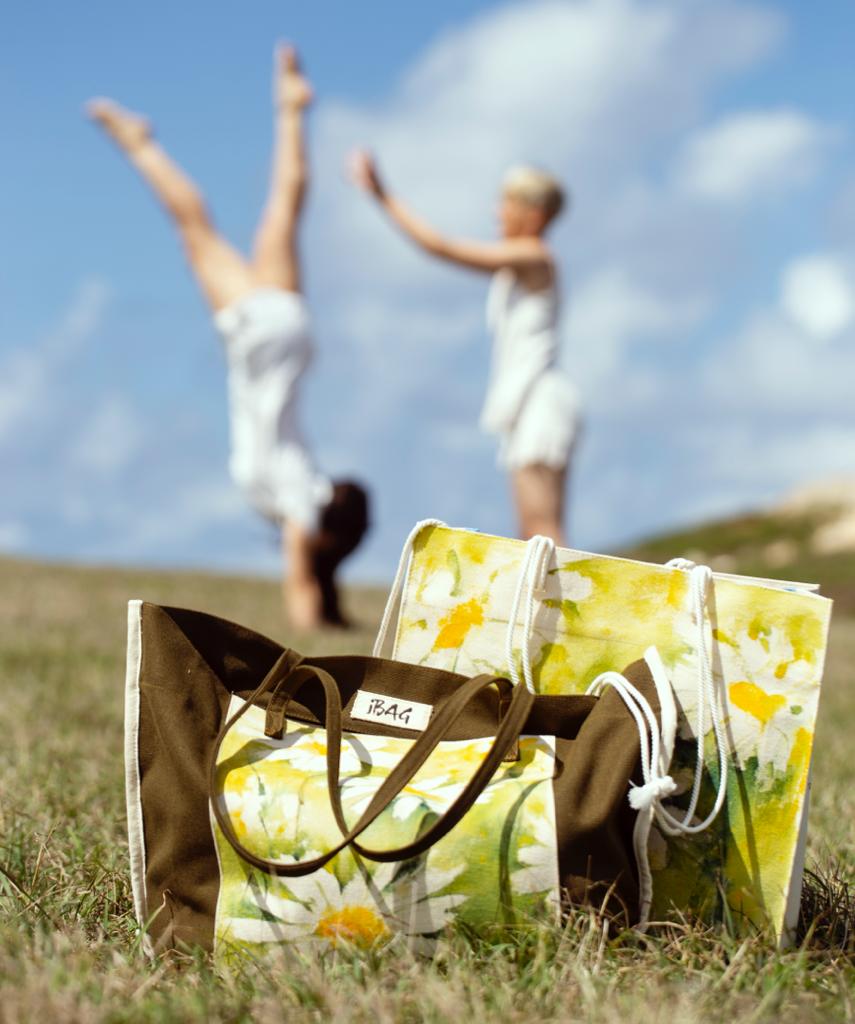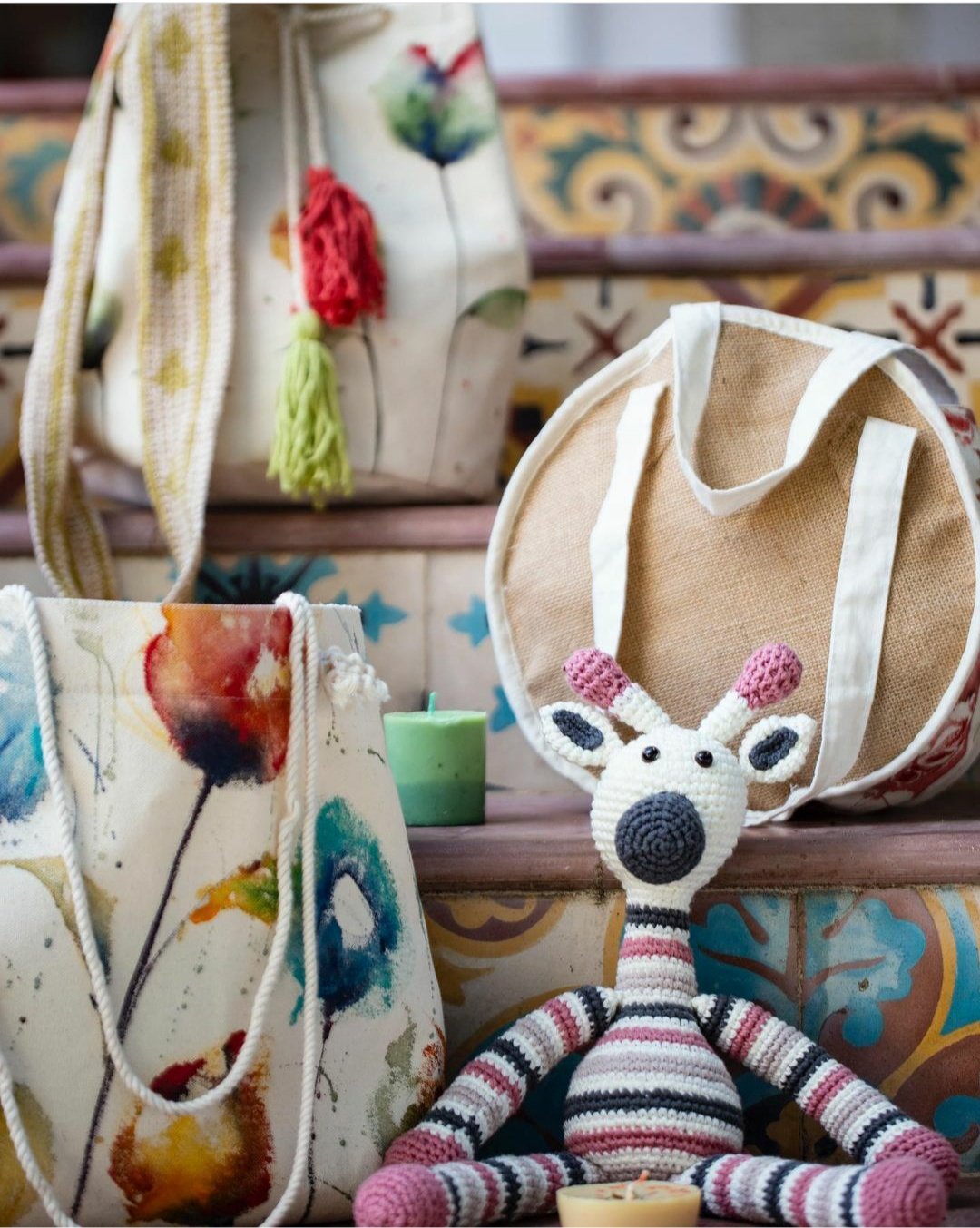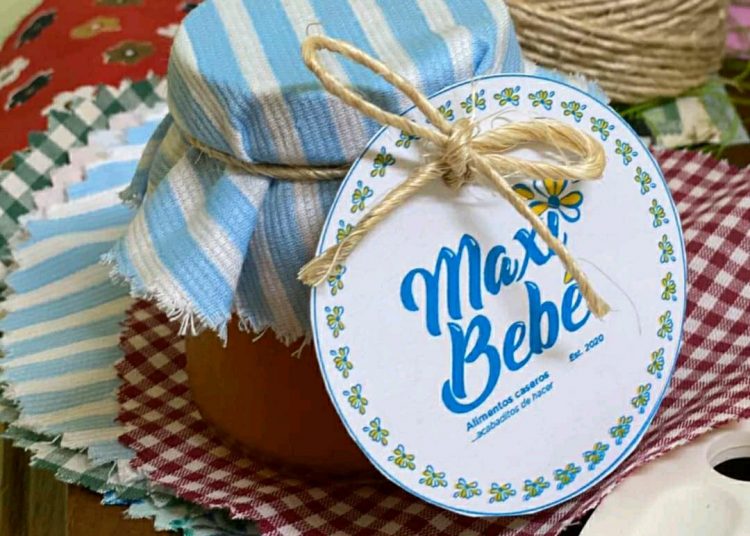Whether it is a matter of fashion, awareness, or even necessity, the appearance of small businesses that are committed to promoting ecological and healthy attitudes in Cuba is becoming more and more frequent; ventures that little by little have been gaining space among the consumption practices of the island’s inhabitants.
As a result of the current health situation caused by COVID-19 and the measures designed by the Cuban government as part of the so-called Task of Reorganization, there has been a notable increase in the number of enterprises that have emerged in the last year, while, in parallel, other businesses are reinventing themselves to survive in the midst of adversity.
In this creative avalanche that arises out of need, shortages and the very boredom caused by long periods of confinement, we can see an awakening of small businesses that advocate promoting a healthy culture, either through food, lifestyles or harmonious coexistence with the environment.
Among the greatest complexities faced by those who advocate this business model—beyond the insufficiency of materials—is the lack of culture or knowledge that exists in this regard in Cuba, “it has also been a discovery in personal care, even in the care of products that lack preservatives and we do not know how to preserve them properly, and that is a bit more delicate because they can go bad more easily than an industrial product,” tells us Suney Peña, co-founder of Corpus Habana, a massage and cosmetology salon that has managed to reinvent itself in the crisis by making its own oils and tonics for body care.
For her part, Yanitza del Toro, who is committed to healthy eating with her Maxi Bebé venture, tells us: “The objective, in addition to being a business that brings me an economic benefit, is to create an awareness in the people who have small children, so they can feed them in a healthier way and promote nutrition education in general, not just for babies.”
The important thing is “to go from less to more. To start by doing something—no matter how small—that makes a difference. Then the help arrives as we are able to demonstrate the validity of our project and involve others in our dream,” Amaya Torres Casañas, designer and creator of the jBAG project, which proposes an ecological perspective in manufacturing bags, confesses to OnCuba.
It’s one thing to say something and another to actually do it
For several years now, businesses with bio-ecological and healthy characteristics in the so-called self-employed sector have prospered in Cuba, as well as some state initiatives—such as Ha´Bici—, promoted with the support of foreign cooperation organizations.
In the case of the private sector, the Clandestina clothing and design brand is one of the oldest and most well-known ventures, while others such as Ciclo Ecopapel have also been in the market for some time, even collaborating with other enterprises.
“I was already making paper bags, postcards and other things when the Antonio Núñez Jiménez Nature and Man Foundation contacted me to make some paper bags for an event, and they gave me the idea of making them with recycled paper. I loved it and gradually stopped working with other types of papers. In 2017 I opened the workshop,” Yunairis Estrada (Yuyu), creator of the project, recalls.

With the current situation in the country, several entrepreneurs have used inventiveness to shape sustainable business models in times of crisis, always considering the most effective alternatives in terms of ecological and healthy sustainability, also protecting consumers.
Corpus Habana has been offering body care services through massages for around five years, with one purpose in mind: the possibility of creating its own oils.
“We know the importance of oils in massages—the main theme of our business—the selection made when providing the service and we have been able to test in practice the proper use of each oil on different people,” explains Suney Peña, one of the founders of this space.
The products they now market “are very necessary not only for consumers but also from an economic point of view as they are more accessible. By buying a product at a lower price you can achieve a better quality many times, also considering the imports that are eliminated because those products, which we would need to import, we can make them, which also favors the farmers here from whom we buy products, something very good for the economy,” she specifies.

Something similar happens with Yanitza del Toro, at the head of Maxi Bebé, who is supplied largely from national farmers and confesses to being “very selective with the things I buy, especially fruits because I try to see that they do not have preservatives, that everything is as natural as possible, even if I have to buy them green and wait for them to ripen at home.”
In the case of jBAG, it is an undertaking that is part of a larger project, named La jirafa ecológica, which “arises in quarantine, not as a business idea, but as my own emotional need, of how I could, using my creative and work capacities (or skills), help solve needs that were and are occurring, such as replacing scarce products (plastic bags in stores) that are harmful to nature, not only because of the coronavirus crisis,” says Amaya Torres Casañas, a graduate of the Higher Institute of Design (IsDi) in charge of the initiative.
This local project of bags manufactured in different formats, responsible with the environment, makes its products from raw textiles—recovered or new—with added aesthetic and artisanal value; either to use them to make backpacks, beach bags, wallets or gift bags, always working with local raw materials or alternative materials that are part of our daily lives, readapted to other formats.
Thus art and design come together to create unique solutions, with which it is intended “to rescue women’s handicraft traditions around the world and adapt them to our Cuban context,” says the young entrepreneur.
Lifestyle
Another point in common in undertakings of this type is to transcend the economic and ecological aspect, to promote awareness in people; that customers not only consume a product but also understand the need and importance of this type of attitude for them and the planet in general.
“Educating the community about the benefits of these products and for them to appreciate those wonders was like a great mutual discovery because we were discovering their properties and chemical composition, among other aspects. Thus we were nurtured by how people accepted the oils—some more than others—which allowed us to perfect the products, something that we continue to do to date and we want to offer more and more novelties,” says Peña about the work of Corpus Habana.
“Nature demands from each one of us if we want our permanence on the planet. The ecological bags are made and painted by hand, where art and design coexist closely to create unique solutions. With them I hope to reduce the use of plastic bags or other synthetic materials,” says the founder of jBAG.

“The work,” she adds, “also has an educational task, both for the producer and for the consumer, for the management of information and for the empathy that is sought to be transmitted to the world in which we live. Being in a society that needs to reduce imports, it seems to me essential to propose a local artisan product that people value, with a Cuban identity, which in turn is unique and educational, that projects an image of love and respect for life and the world that hosts us.”
In the case of Maxi Bebé, the work on social networks during the months it has been in the market has been essential to make people aware of healthy eating, not just for babies, but also so that these habits accompany the family in general.
In this regard, Yanitza, who confesses to OnCuba that she had always prepared food for her small daughter Máxima, an action that she always recommended to friends and family, who precisely supported her to carry out the venture, first with the preparation of compotes and now with a more varied range of recipes.

“Many people contact me to ask questions about the feeding of their children, what’s great about this is the exchange because it also forces me to read and investigate various ailments and how to prepare food based on those conditions. I have become, in some way, a kind of nutrition counselor, with the help of specialists, in addition, especially based on my publications on networks, be it on Instagram, Facebook or WhatsApp,” she said.
“The idea is to create a circle of knowledge that goes beyond selling, to create a community around this project. I did not study nutrition, but it is a subject that has interested me a lot, which I document a lot since I was a teenager. The idea is to promote a healthier and more conscious lifestyle, find a balance and that which is healthy, fresh and local food predominates,” she points out.
For her part, the creator of Ciclo Ecopapel expresses: “I believe that it is of great importance for the future of the planet that businesses and enterprises increasingly be responsible with the care of the environment, that more and more people join the practice of recycling and responsible consumption. It gives us great peace of mind to know that we generate economic benefits by helping to take care of the environment.”
Sustainable, enough?
Torres Casañas, based on her experience, confesses that “a bio-healthy project in any place can be as difficult or as easy as the effort one puts into it. We must first detect the specific problem or problems that we can help solve or that are familiar to us. No one can help without feeling the problem as their own. Then comes the size of the project that is being carried out. Local support is needed, the participation of many people.”
In this sense, the Cuban government has for some time implemented several measures with the purpose of promoting small and medium-sized enterprises (SMEs), although there are still many problems to be solved, in part due to the same situation that the country and the planet are experiencing due to COVID-19, and also because the Cuban government could do much more to guarantee the full development of local private initiatives.
Among the challenges to face in the case of Corpus Habana is “being able to offer products with similar quality standards because, to cite an example, if you take a jasmine flower of some kind in Matanzas and then you don’t find that specific one, you have to go to Güines, or to Pinar del Río, and the one you find is not the same as the others and then the product in question is not the same; Maybe it has the same quality, but it is not the same oil at the end of the day.”
In turn, Del Toro specifies that, in the case of products such as oats and other inputs that go beyond fruits and vegetables, “it is very difficult, in general almost all the ingredients are available in stores in freely convertible currency. That makes the whole process very expensive, a situation in which almost all of us entrepreneurs are involved right now, trying to do more with less, although, in my case, I prefer to stop making a product if I have to sell it at an excessive price.”
And she adds: “For example, getting the packaging is a problem, doing everything at home also because it is not the ideal space, although now I see that they will allow the sale and rental of premises will be allowed…we have to wait and see what happens when the pandemic is over and how things are progressing with the ventures. There are many open questions.”
In recent times, interest has arisen from a part of the population—the majority young—interested in undertakings of this type. An example of this has been the meetings in the field of co-working between entrepreneurs in spaces such as Estudio 50 and Amarillo Coworking, in previous months, necessary opportunities that should increase their presence once the epidemiological situation in the country is normalized.
“The Cuban public is eager for these activities because there are none or they are not known, mainly due to organizational and space problems, something that happens with many businesses. For example, I do not have a store and it is very good to have moments like these to interact with people beyond the networks. It is necessary to regularly have a space to support the ventures, especially for the small ones,” said Yanitza.
Suney Peña specifies that “this type of event is very necessary to exchange with other entrepreneurs who are creating excellent products, even some that are only made in Cuba. We, for example, collaborate with some independent soap producers, also with others that recycle paper in the manufacture of bags, which we use for our products.”
“At the same time,” says Torres Casañas, “there is a very strong empathy in Cuba among women entrepreneurs, something that I have always thought wonderful because there are always collaborative and exchange jobs, not only sharing an office but work projects. The networks of contacts that are created are extremely important for visibility and for creating new collaborations and business possibilities.”
“I think it is important to make alliances and the support we can give each other among entrepreneurs to get ahead in these times. Everything is in setting our minds on it,” points out Yuyu, from Ciclo Ecopapel.
Business models of this type are necessary not only for “being job-generating sources, which favors the local economy; the ecological concept itself is defined by the way used to face work challenges, reduce or eliminate shipping costs, freight…etc.; it allows the creation of value for local raw materials that are underused by turning them into exportable finished products and eliminates waste, turning it into alternative products,” explains designer Torres Casañas.










